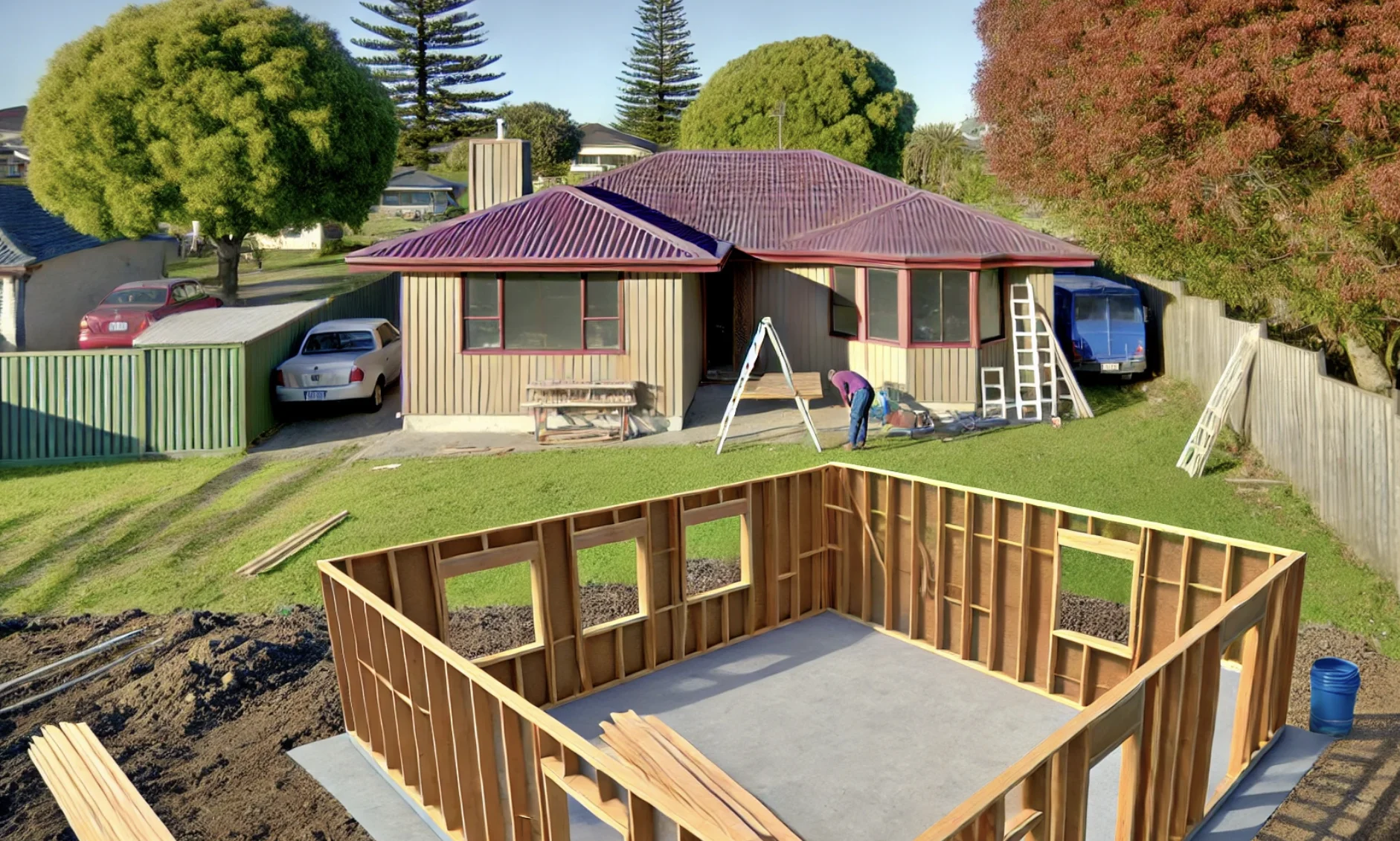August 2024
Tirohanga Whānui | Overview
The New Zealand Council of Christian Social Services (NZCCSS) welcomes the opportunity to provide feedback on the Making it easier to build granny flats consultation with the Ministry of Business, Innovation and Employment. Overall, we support the kaupapa to make smaller dwellings more available in our communities.
Our main points are:
Item One
We support national consistency in the ability to build smaller dwellings on properties.
Item Two
We encourage clarity and consistency in the terms used to describe these supplementary buildings and their purposes in community.
Item Three
Accessibility requirements should be outlined for all supplementary buildings under this umbrella.
Item Four
Concern must be given to the increase in the impact on infrastructure.
Taunakitanga | Recommendations
We raise the following points and recommendations for consideration:
Item One
We support the removal of uncertainty and the implementation of national standards and consistency. While there are many councils across the country who have some exemptions, we appreciate the clarity of a national standard in this area.
Point 1: We support the national standardisation of the management of minor dwellings.
Item Two
While the consultation document does outline that these minor dwellings will not be exclusively for older family members, language matters. These smaller homes may facilitate the independence of teenage family members or allow multigenerational living with parents in the main house and children and their young families in the smaller home. ‘Granny’ is a term that is often demeaning in nature and used in a negative way. ‘Granny flat’ is usually used to refer to a home that is smaller and often a lower standard than the main home on the property. We acknowledge that these connotations are not implied in the body of this proposal, with strong supports for quality and safety, but names and language matter in the way things are perceived.
Point 2: We suggest adjusting the language used around this to remove the term ‘granny’.
Item Three
If facilitating ageing in place is a significant focus of this change, then the properties that are built under the provision must also facilitate ageing in place. Universal design principles, including level transition zones, wider doorways, and bathroom accessibility features, must be part of the exemption criteria for these properties, or they are not fit for purpose. While these features might not be aimed at the needs of all people who might live in these minor dwellings, they do not make life harder for them. The absence of these features make life much harder for those attempting to age in place.
Point 3: We strongly suggest that only properties that meet universal design principles are allowed to be constructed under this exemption.
Item Four
Infrastructure across Aotearoa New Zealand is at critical failure. Allowing the intensification of housing without regulation or restriction from local council may lead to the very real risk of further overload. Each minor dwelling will need to access each of the water systems (storm, fresh and waste) and will burden each with the same as a standalone property (requiring at the very least one toilet, one bathing fixture, one sanitation basin, one kitchen sink, and servicing for a washing machine).
While council will be able, under some of the proposed settings, to collect development contribution costs and to increase the ratable value of the title in order to finance the increased capacity of the infrastructure system, this consultation outlines that there are circumstances in which this fee may not be collected. The removal of the standard trigger points for the charging of the development contribution costs will make the funding of infrastructure supports even more tenuous.
Point 4: Strongly prioritise how councils can be better supported for the infrastructure burdens that unconsented secondary dwellings will bring.
Ingoa whakapā | Contact Name
Nikki Hurst
Rachel Mackay
